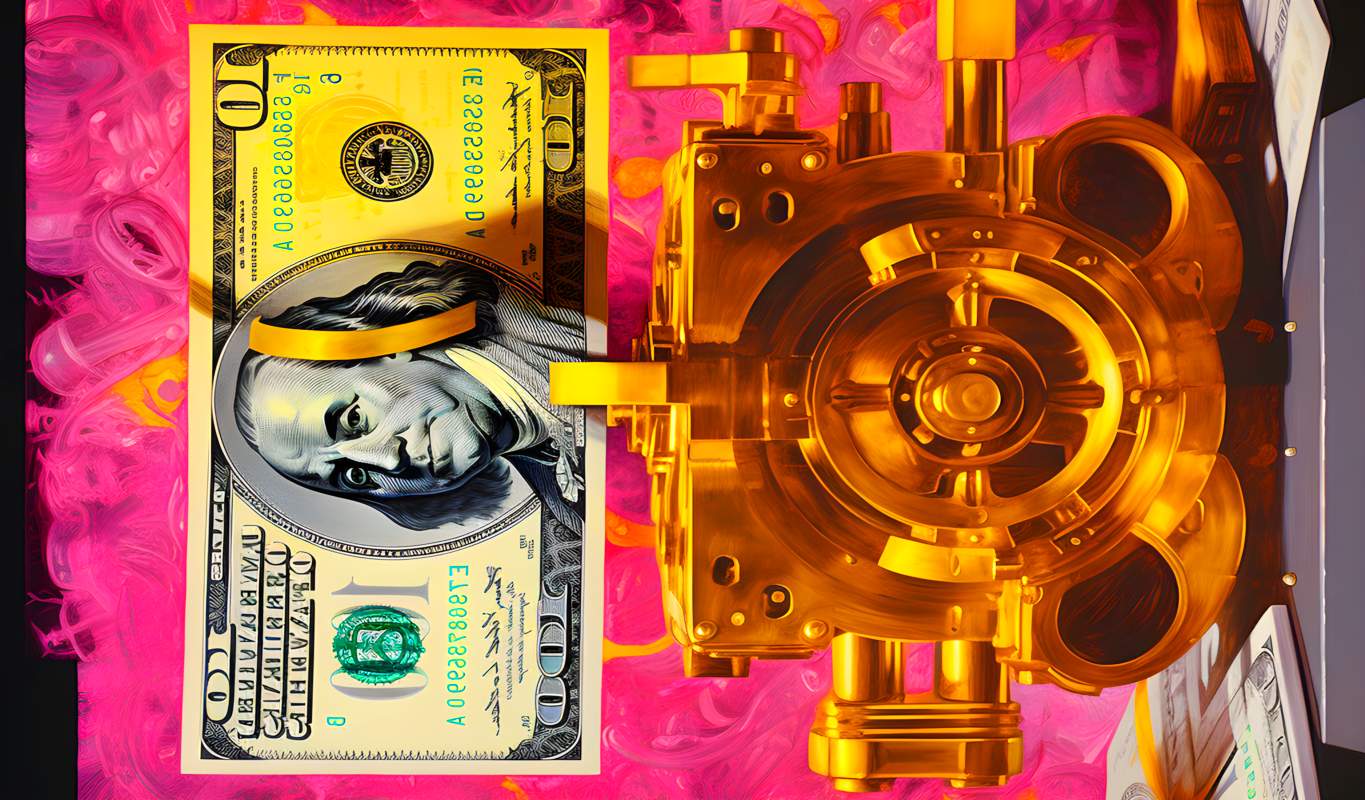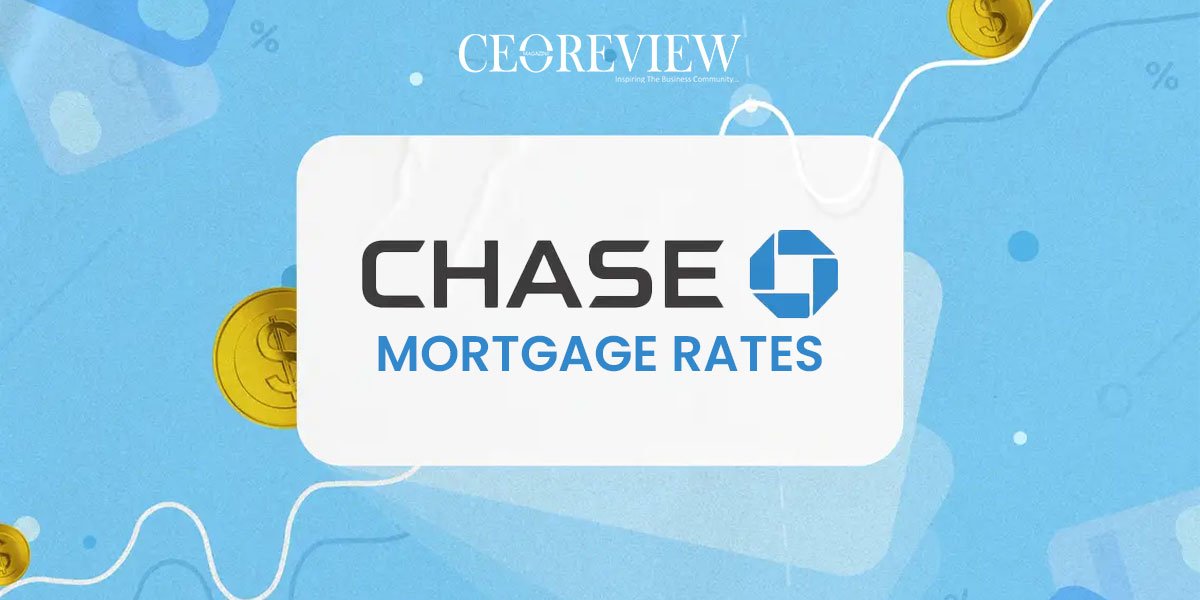Chase Prequalify Mortgage: Your Ultimate Guide To Secure Your Dream Home
So, you're thinking about buying a house, and you've heard about Chase prequalify mortgage? Let me tell you, this is one of the best steps you can take before diving into the world of real estate. Prequalifying for a mortgage isn't just some random formality—it's a crucial step that can give you a clearer picture of what you can afford, making your home-buying journey smoother and less stressful. And trust me, when you're dealing with something as big as buying a house, having clarity is a game-changer.
Now, I know what you're thinking—"what exactly does it mean to prequalify for a mortgage?" Don't worry, we've got you covered. In this article, we'll break down everything you need to know about Chase prequalify mortgage. We'll talk about how it works, why it's important, and how you can go through the process without losing your mind. Whether you're a first-time homebuyer or someone looking to upgrade their living space, this guide is here to help.
Buying a house is one of the biggest financial decisions you'll ever make, and it's not something you want to rush into blindly. Prequalifying gives you the confidence to move forward with your plans, knowing exactly where you stand financially. So, let's dive in and make sure you're fully equipped to tackle this exciting chapter in your life.
Read also:Is Blake Shelton A Trumper In 2024 The Inside Scoop Yoursquove Been Waiting For
What Is Chase Prequalify Mortgage?
Alright, let's start with the basics. Chase prequalify mortgage is essentially a process where Chase, one of the leading banks in the U.S., evaluates your financial situation to estimate how much you might be able to borrow for a home loan. It's kind of like a sneak peek into your mortgage potential without committing to anything just yet. This step is super important because it gives you a realistic idea of your budget and helps you narrow down your home search.
Why Should You Prequalify?
Here's the deal—prequalifying isn't mandatory, but it's highly recommended. Why? Well, for starters, it shows sellers and real estate agents that you're serious about buying. It also helps you avoid the heartbreak of falling in love with a house that's way out of your price range. Plus, it gives you a chance to address any financial issues before you officially apply for a mortgage.
How Does Chase Prequalify Mortgage Work?
Now that you know what prequalifying is, let's talk about how it actually works. The process is pretty straightforward. You'll need to provide Chase with some basic financial information, like your income, assets, and debts. They'll then review this info and give you an estimate of how much you might qualify for. It's important to note that this isn't a final approval, but it's a good indicator of what you can expect.
Steps to Prequalify with Chase
- Gather your financial documents, like pay stubs, tax returns, and bank statements.
- Visit Chase's website or head to a local branch to start the prequalification process.
- Fill out the required forms and submit your documents.
- Wait for Chase to review your application and provide you with a prequalification letter.
What Documents Do You Need?
When you're ready to prequalify, it's important to have all your ducks in a row. Chase will need some key documents to assess your financial situation. Here's a quick list of what you should gather:
- Proof of income (pay stubs, W-2s, or tax returns)
- Bank statements
- Investment account statements
- Debt information (credit card balances, loans, etc.)
Benefits of Prequalifying
So, why go through the trouble of prequalifying? Here are some of the top benefits:
1. Clear Budgeting
Knowing how much you can borrow helps you set a realistic budget for your home search. You won't waste time looking at houses that are way beyond your means.
Read also:Lili Phillips Leaks The Inside Story You Need To Know
2. Increased Credibility
A prequalification letter shows sellers and agents that you're a serious buyer. This can give you an edge in a competitive market.
3. Financial Preparedness
Prequalifying allows you to address any financial issues before you apply for a mortgage. This can improve your chances of getting approved and securing a better interest rate.
Common Misconceptions About Chase Prequalify Mortgage
There are a few myths floating around about prequalifying that we need to bust. First off, some people think that prequalifying will hurt their credit score. Not true! It's a soft inquiry, so it won't impact your credit. Another misconception is that prequalification is the same as preapproval. While they're similar, preapproval is a more in-depth process that involves a thorough review of your finances.
How Chase Stands Out in the Mortgage Market
Chase is one of the biggest names in banking, and they offer a wide range of mortgage options. What sets them apart is their commitment to customer service and their user-friendly online tools. Whether you're a first-time homebuyer or a seasoned pro, Chase has resources to help you every step of the way.
Why Choose Chase?
- Competitive interest rates
- Flexible loan options
- Convenient online application process
- Excellent customer support
Expert Tips for a Successful Prequalification
Want to make sure your prequalification goes smoothly? Here are a few expert tips:
1. Clean Up Your Credit
Before you apply, make sure your credit report is in good shape. Pay off any outstanding debts and dispute any errors you find.
2. Save for a Down Payment
Having a solid down payment can improve your chances of getting approved and lower your monthly payments.
3. Be Honest About Your Finances
Don't try to hide anything from Chase. Being upfront about your financial situation will save you headaches down the road.
Real-Life Success Stories
Let's hear from some real people who have gone through the Chase prequalify mortgage process. John and Sarah, a couple from Texas, prequalified with Chase and found their dream home in just three months. They said the process was smooth and stress-free, thanks to Chase's helpful resources.
Final Thoughts
Alright, we've covered a lot of ground here. Chase prequalify mortgage is a valuable step in your home-buying journey. It gives you clarity, credibility, and confidence. Remember, prequalifying isn't the final step, but it's an important one that can set you up for success.
So, what's next? If you're ready to take the plunge, gather your documents and head over to Chase's website or your local branch. And don't forget to share this article with your friends who might be thinking about buying a house. Together, let's make the home-buying process a little less daunting.
Table of Contents
- What Is Chase Prequalify Mortgage?
- Why Should You Prequalify?
- How Does Chase Prequalify Mortgage Work?
- Steps to Prequalify with Chase
- What Documents Do You Need?
- Benefits of Prequalifying
- Common Misconceptions About Chase Prequalify Mortgage
- How Chase Stands Out in the Mortgage Market
- Expert Tips for a Successful Prequalification
- Real-Life Success Stories
Article Recommendations


